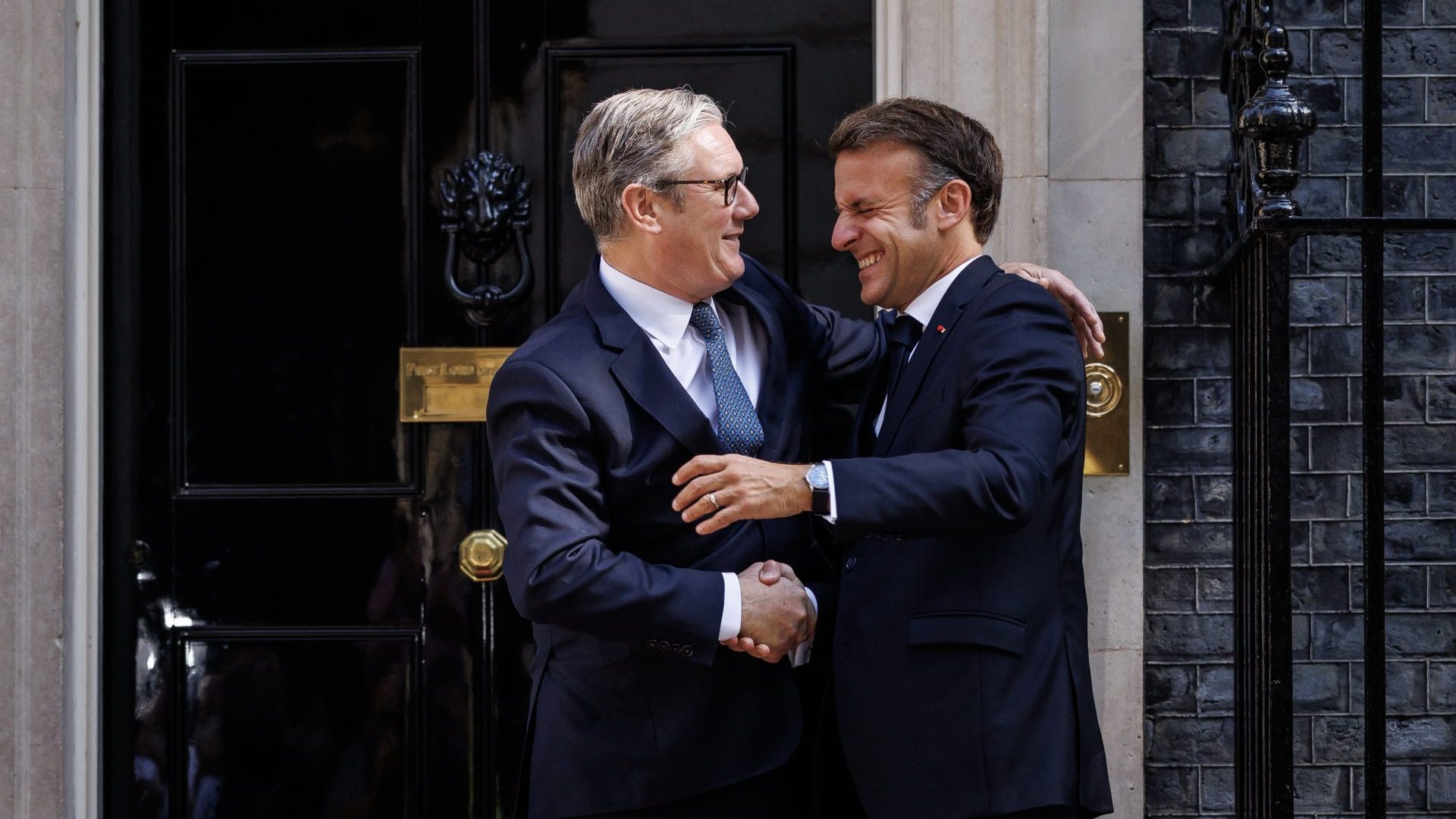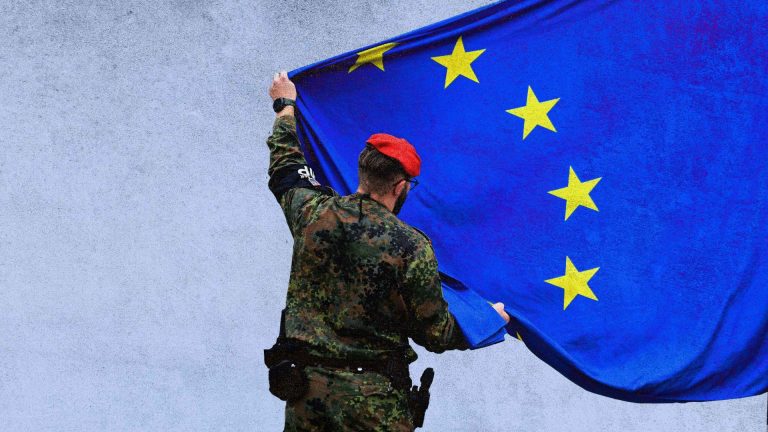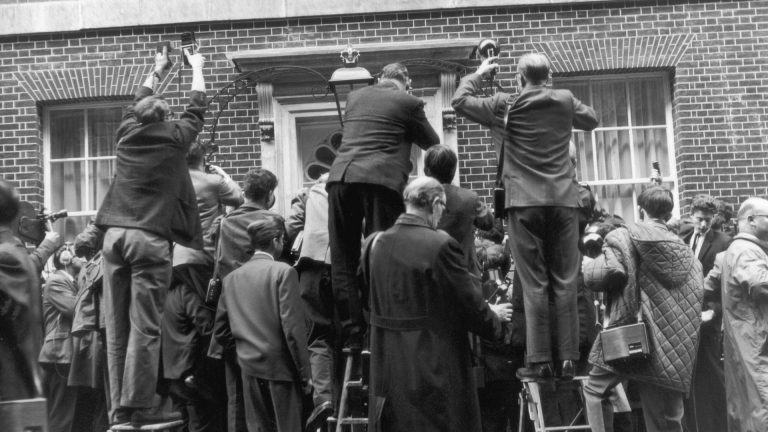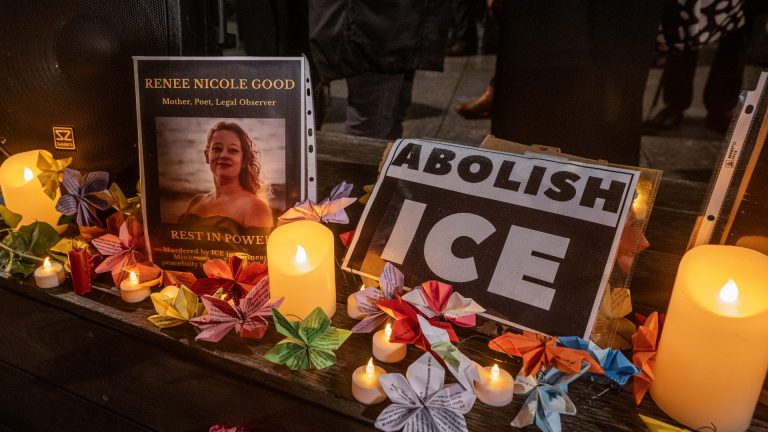One of the biggest lies of the Brexiteers – from a fairly sizeable assortment – was that it was about democracy, not xenophobia. About leaving the institutions, not Europe itself. That, perversely, quitting the EU would actually make us better neighbours – freed from carping over treaties and arguments over ever-greater federalism, self-confident global Britain would no longer be the awkward drag on the Union.
“It remains overwhelmingly and compellingly in Britain’s national interest that the EU should succeed and we will continue to be reliable partners with France and all our European allies,” wrote Theresa May in Le Figaro back in February 2017. “Britain and France aren’t just allies: we are neighbours and friends, now and into the future.”
Fast forward eight years and four prime ministers to Emmanuel Macron’s state visit to the UK this week and May’s French letter sounds not just quaint but deluded. For while she talked of how “we share a firm belief in the values of liberté, égalité and fraternité”, the Brexiteers just wanted to pour merde over the visiting president.
“Britain should have cancelled Macron’s state visit,” fumed Isabel Oakeshott in the Daily Telegraph from her home in Dubai. “What the blazes are we doing, sounding the trumpets and bringing out the cavalry, in this man’s honour? How dare he and his wife feast on tender summer vegetables from the gardens of Le Manoir (see how they did that?) at a star-studded banquet with the Royals, when they are so busy stitching us up?”
Also in the Telegraph, the paper’s Europe editor, James Crisp, claimed Macron had arrived at the summit “to accept Starmer’s Brexit surrender” as the president had “got exactly what he wanted”. He was also irked that Macron was not finding time to meet Nigel Farage, although curiously was unconcerned he was not meeting the leaders of the Greens either, who have precisely the same number of MPs in the Commons as Reform. (Crisp is a former news editor of the Daily Sport and must yearn for the time he worked for a serious newspaper).
Suggested Reading
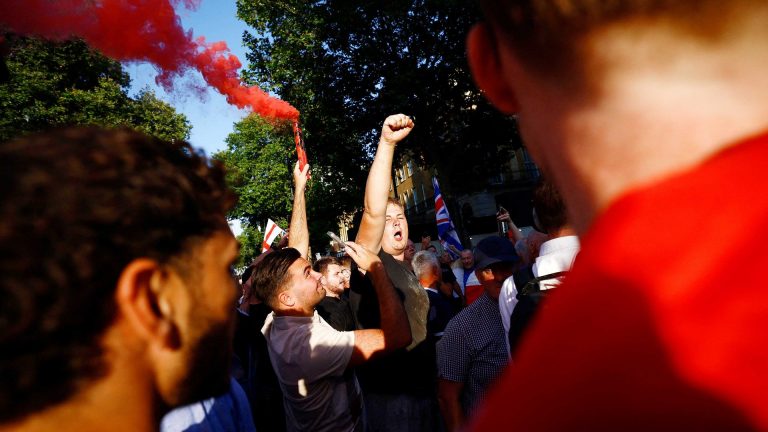

Is this the answer to the immigration question?
On Macron’s loan of the Bayeux tapestry to the British Museum, allowing it to travel to Britain for the first time in 900 years, oddball Tory John Redwood complained it “reminds us of the invasion and the way so many English were forced into serfdom by the Normans”, while, conversely, GB News host Martin Daubney demanded Britain refused to return it, having been triggered by Macron speaking in front of an EU flag. “He’s not an EU leader, he’s a head of state,” he moaned. “He’s got nothing to do with the EU. That was him showing his true colours.”
Except, of course, Macron, has much to do with the EU. He is the first EU head to get a state visit since Brexit, and comes not just as France’s president but, tacitly, as a senior representative of a 27-member bloc to which he is unequivocally committed. When Macron chooses to speak in front of both French and European flags, it means something.
Which is why the policy win for Keir Starmer this week – a formal system of returning small-boat migrants to France in return for asylum seekers with family connections here, and a less fleshed-out addressing of “migration pull factors” by both countries – must count as a victory for the prime minister’s reset of EU relations. It is a small win, but one nonetheless. Because it is still more than anything achieved by any of his immediate Conservative predecessors whose deliberate obstinacy garnered them precisely nothing.
No wonder the Brexiteers are furious that Starmer’s pragmatism has secured an agreement with France that eluded those they cheered on, like Boris “donnez-moi un break” Johnson, or Liz Truss, for whom the jury was out on whether Macron was a friend or foe. How dare he engage constructively with our European neighbours to solve problems to both sides’ mutual benefit?
The agreement as we understand it is almost literally a drop in the ocean: almost 20,000 people have arrived in Britain via small boats so far this year, a 50% increase on the same period in 2024. At least 17 people have died this year trying to cross the Channel by boat, after a record 78 died last year.
But it is still more than the Brexiteers achieved in years of megaphone diplomacy, insults and flag-waving chest-thumping. And more than had Starmer not resolved to take a mature, respectful attitude to the neighbours. Quite the one Theresa May called for, in fact – before her party turfed her out of office.


